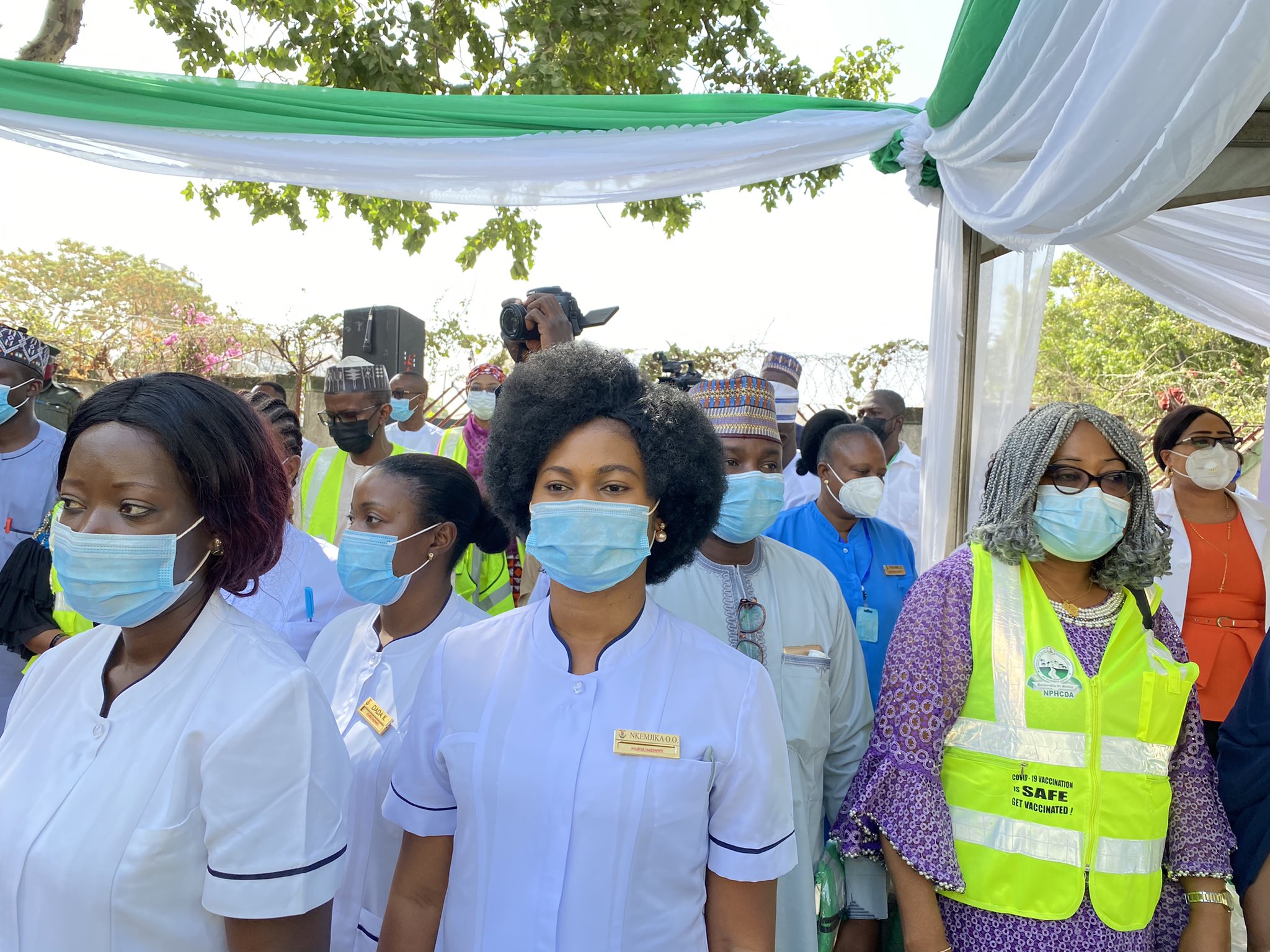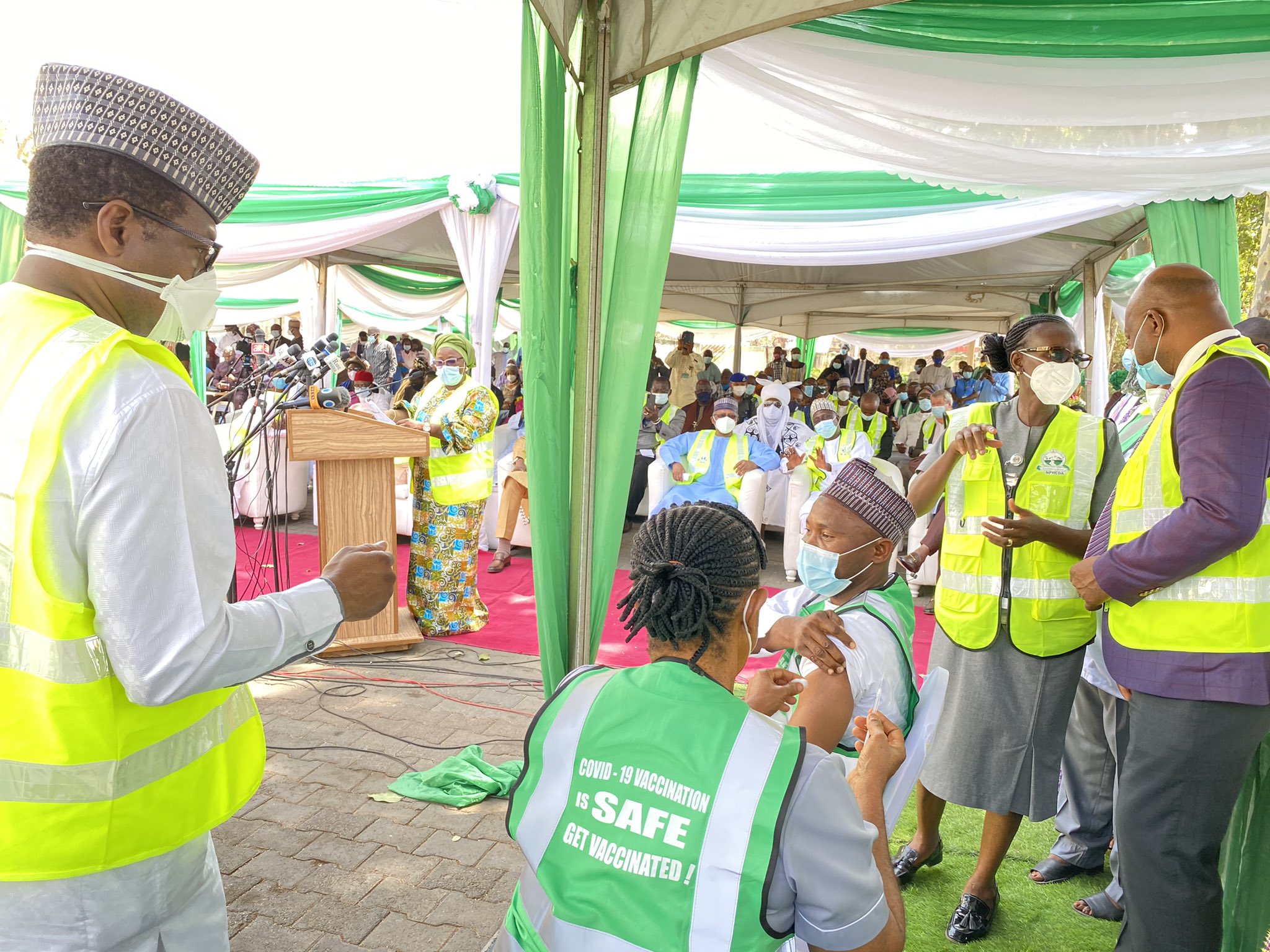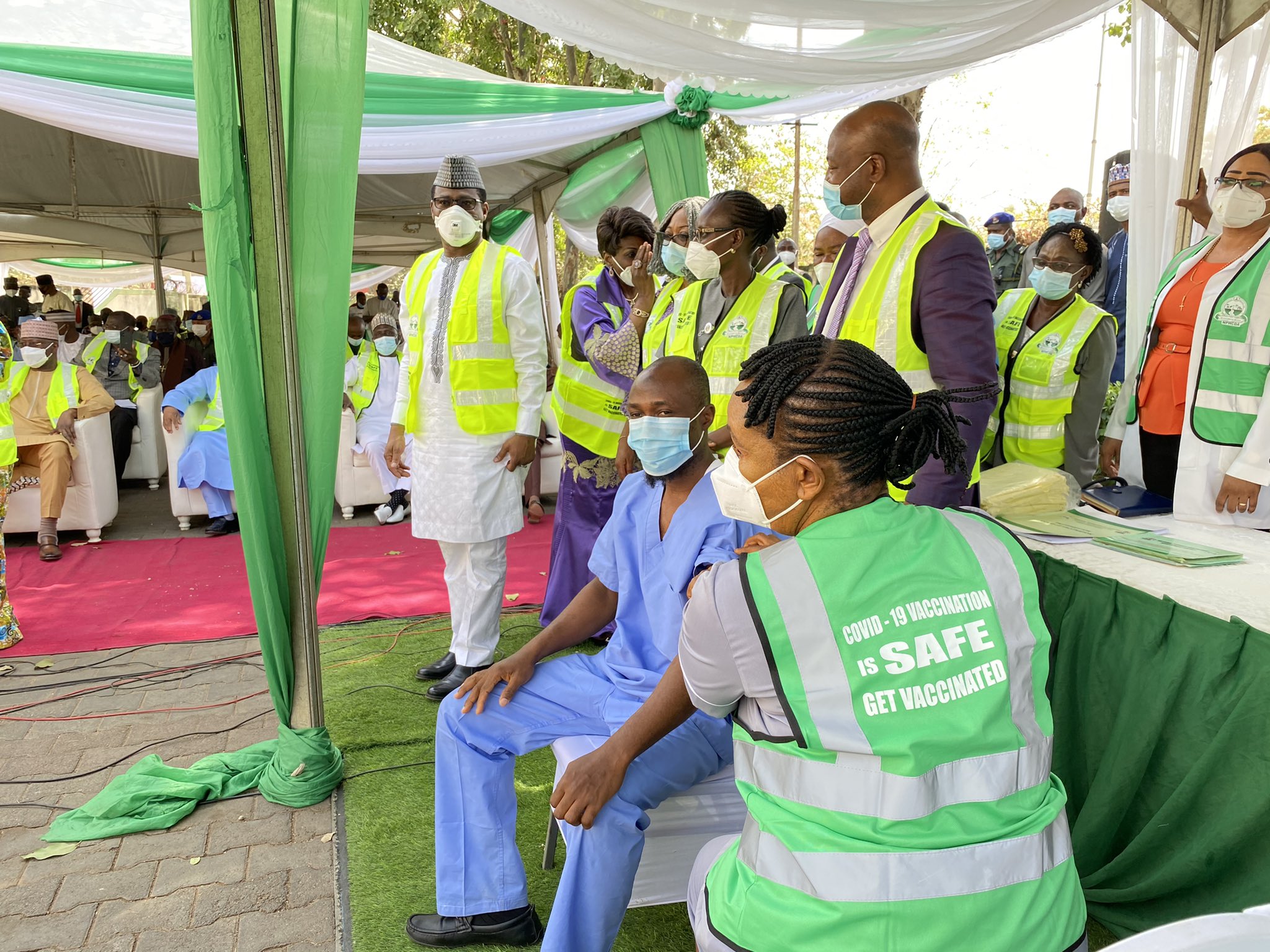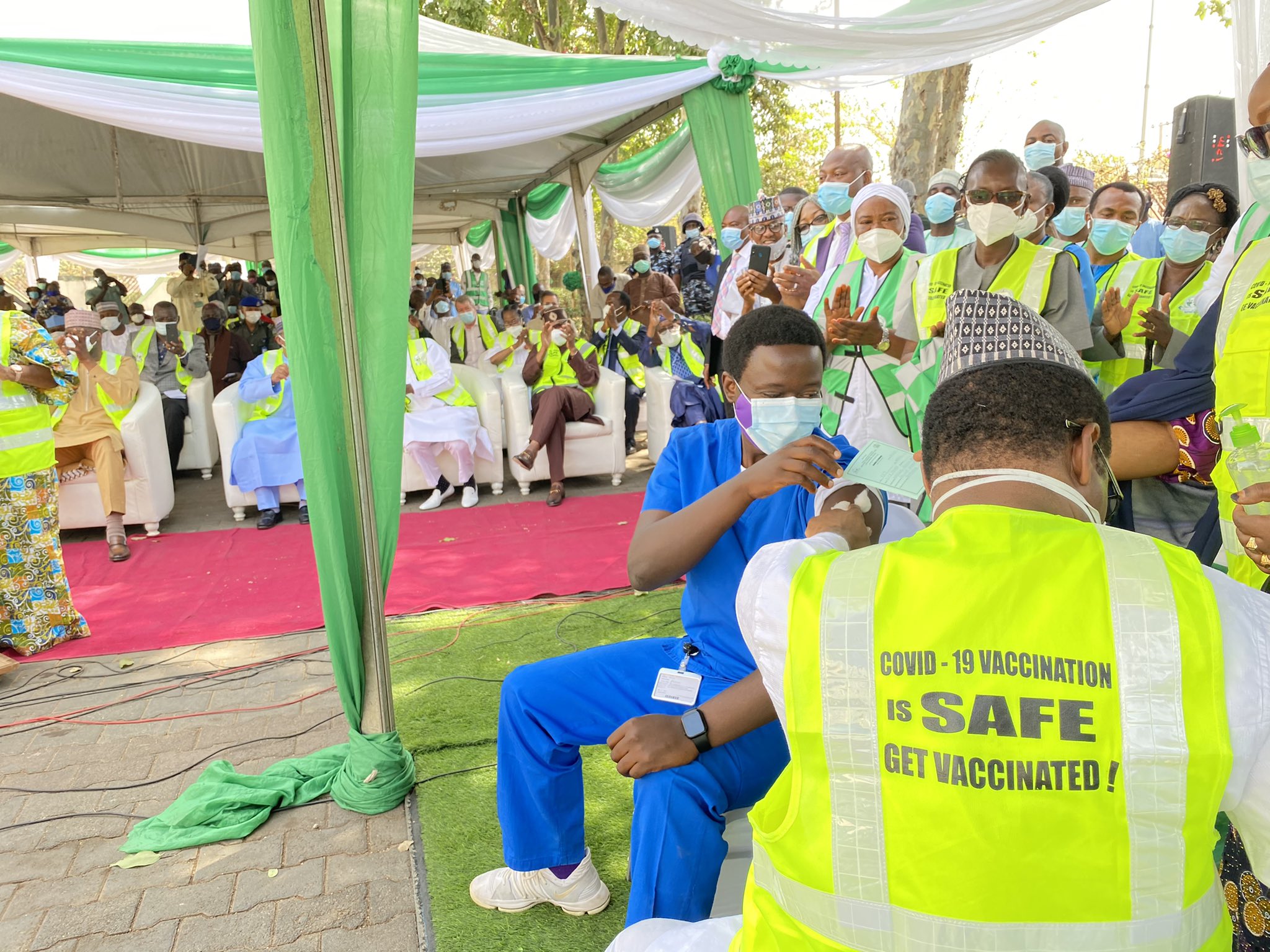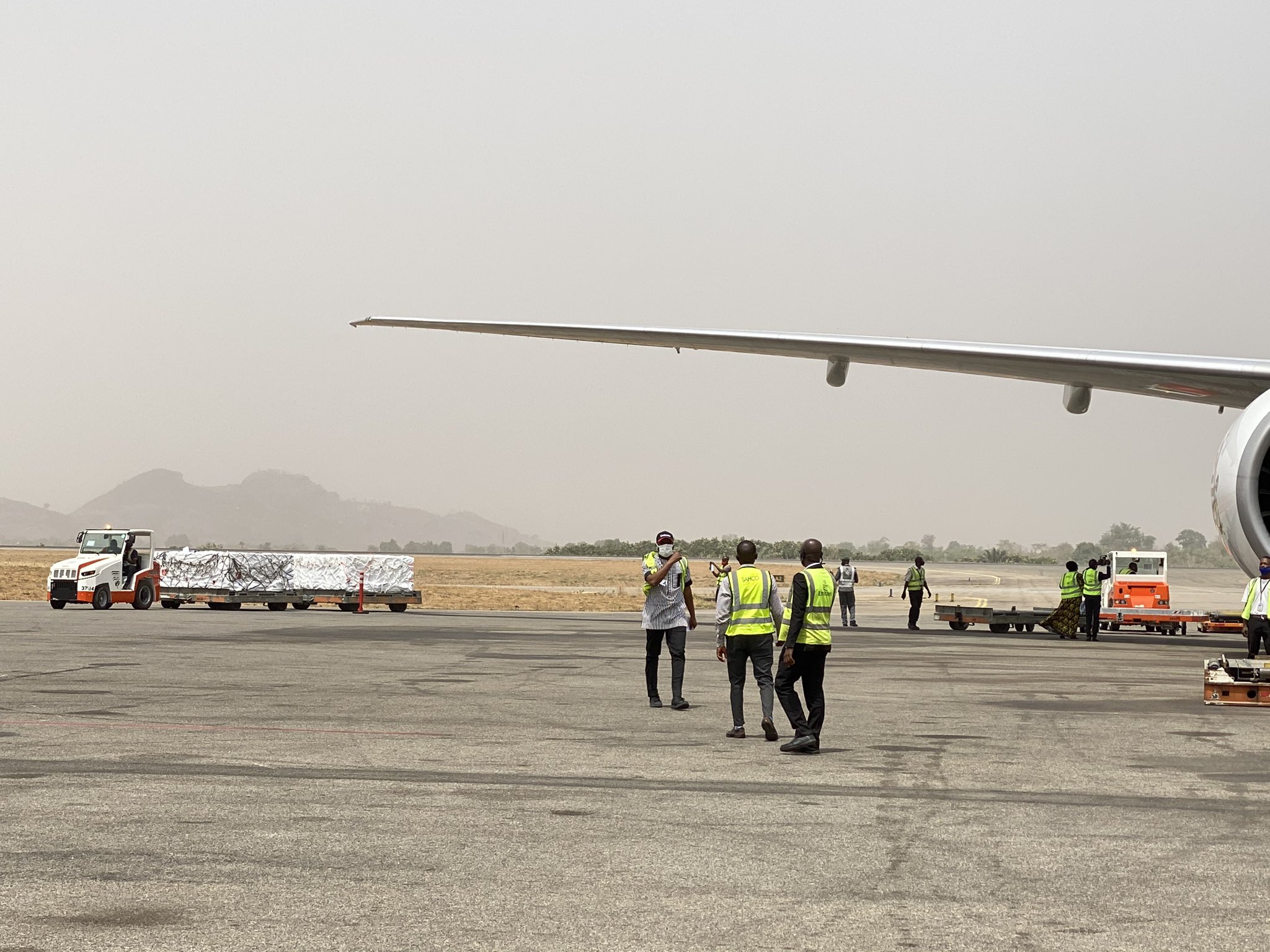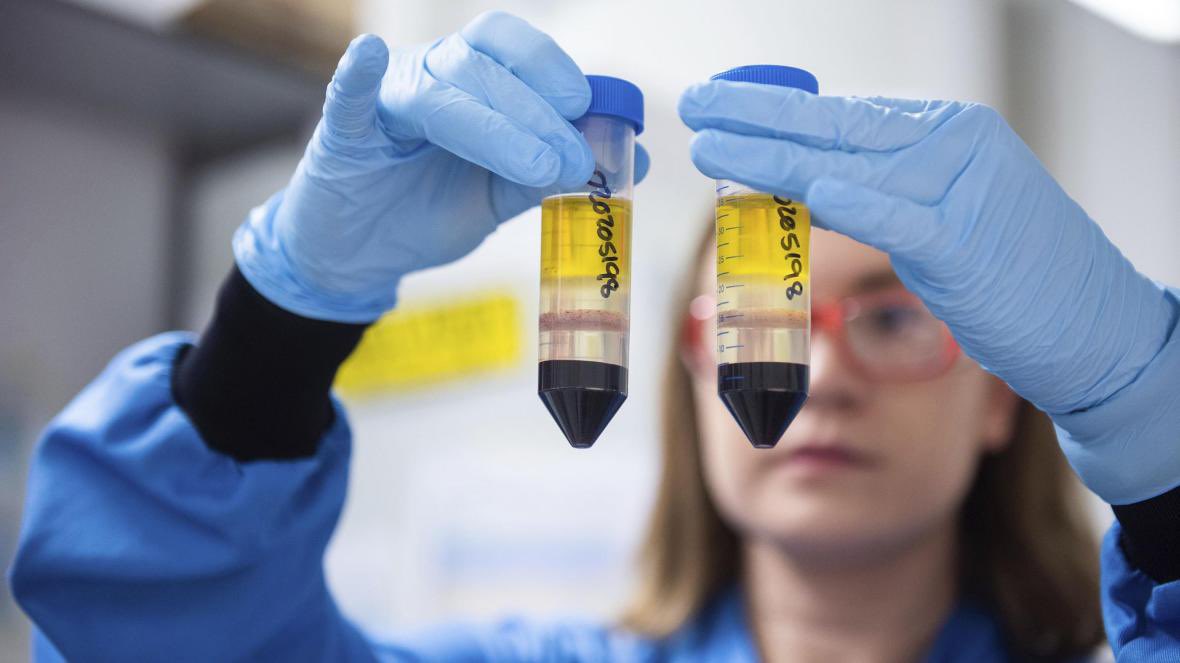Nigeria on Tuesday received 3.94 million doses of the AstraZeneca/Oxford vaccine manufactured by the Serum Institute of India(SII) and shipped via the COVAX Facility.
TheNewsGuru.com (TNG) reports the COVID-19 vaccines arrived in the country via the Nnamdi Azikiwe International Airport, Abuja.
The delivery was handled by airport and aviation service provider, Skyway Aviation Handling Company Plc (SAHCO).
Watch video of delivery below:
https://twitter.com/tngbreaking/status/1366717108994859009?s=19
TNG reports COVAX is co-led by Gavi, the Vaccine Alliance, the World Health Organization (WHO) and the Coalition for Epidemic Preparedness Innovations (CEPI), working in partnership with UNICEF, the World Bank, civil society organisations, manufacturers and others.
The UN system said the arrival marked a historic step towards the goal to ensure equitable distribution of COVID-19 vaccines globally, in what would be the largest vaccine procurement and supply operation in history.
It said the delivery was part of a first wave of arrivals in Nigeria that would continue in the coming days and weeks.
Edward Kallon, UN Resident Coordinator in Nigeria, reiterated the commitment of the UN to support the vaccination campaign in the country and help contain the spread of the virus.
“The arrival of these vaccines in Abuja today marks a milestone for the COVAX Facility in its unprecedented effort to deliver at least 2 billion doses of COVID-19 vaccines globally by the end of 2021.
“The arrival of the COVID-19 vaccine will enable the National Primary Health Care Development Agency (NPHCDA) to commence the vaccination of Nigerians in priority groups, starting with frontline healthcare workers,” he said.
Thabani Maphosa, Managing Director for Country Programmes at Gavi, the Vaccine Alliance, said it was a landmark moment for Nigeria and the COVAX Facility’s mission to help end the acute phase of the pandemic by enabling equitable access to the vaccines across the world.
“We are glad to see Nigeria is among the first receiving the doses from COVAX, thanks to the excellent level of preparedness put in place by the Government of Nigeria.
“Gavi looks forward to these vaccines being made available to the people most at risk, as soon as possible, and to ensuring that routine immunisation services for other life-threatening infections are also delivered to avoid other disease outbreaks,” he said.
Also, Dr Walter Kazadi Mulombo, WHO Representative in Nigeria, said it was heart-warming “to witness this epoch-making event.”
“WHO wishes to congratulate the government of Nigeria for its participation in the global vaccine collaboration (COVAX) efforts and its commitment to protecting Nigerians against this pandemic.
“These vaccines have undergone rigorous regulatory processes at global and country level and have been deemed safe and effective,” Mulombo said.
According to him, vaccines are a critical new tool in the battle against COVID-19 and therefore, Nigeria’s participation is a step in the right direction.
Similarly, Peter Hawkins, UNICEF Country Representative, emphasised the importance of vaccines, adding that the arrival of the COVID-19 vaccines into Nigeria was critical in curbing the pandemic.
“After a year of disruptions due to the COVID-19 pandemic, today we celebrate the efforts being made in getting the vaccine to Nigeria.
“With more than 150,000 Nigerians infected with the virus and over 1,800 lives lost, the path to recovery for the people of Nigeria can finally begin.
“This is a very significant occasion and the only way out of this crisis is to ensure that vaccinations are available to all,” Hawkins said.
The UN system in Nigeria said COVAX had built a diverse portfolio of vaccines suitable for a range of settings and populations and was on track to meet its goal of delivering at least 2 billion doses of vaccine to participating countries around the globe in 2021.
This, the UN said included at least 1.3 billion donor-funded doses to the 92 lower-income COVAX Facility participants supported by the Gavi COVAX Advance Market Commitment (AMC).
The COVAX Facility is expected to deliver around 90 million doses of COVID-19 vaccines to the African region in the first quarter of 2021 and has committed to providing up to 600 million doses to the region by the end of 2021 to cover 20 per cent of the population.


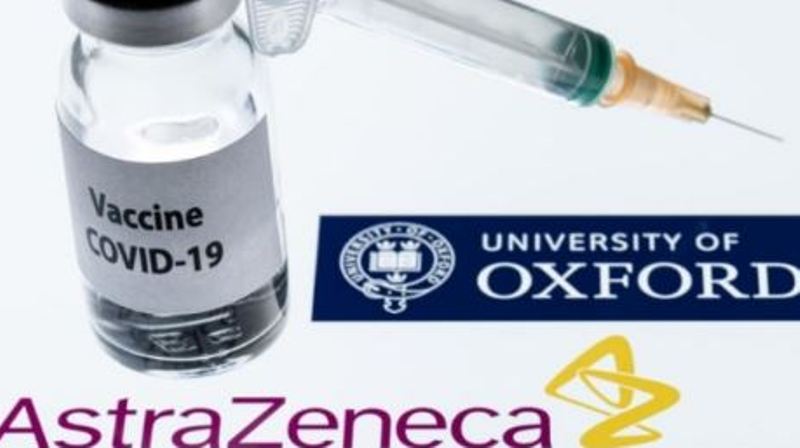
![See first person to receive COVID-19 vaccine in Nigeria [PHOTOS]](https://thenewsguru.ng/wp-content/uploads/2021/03/20210305_112150.jpg)
